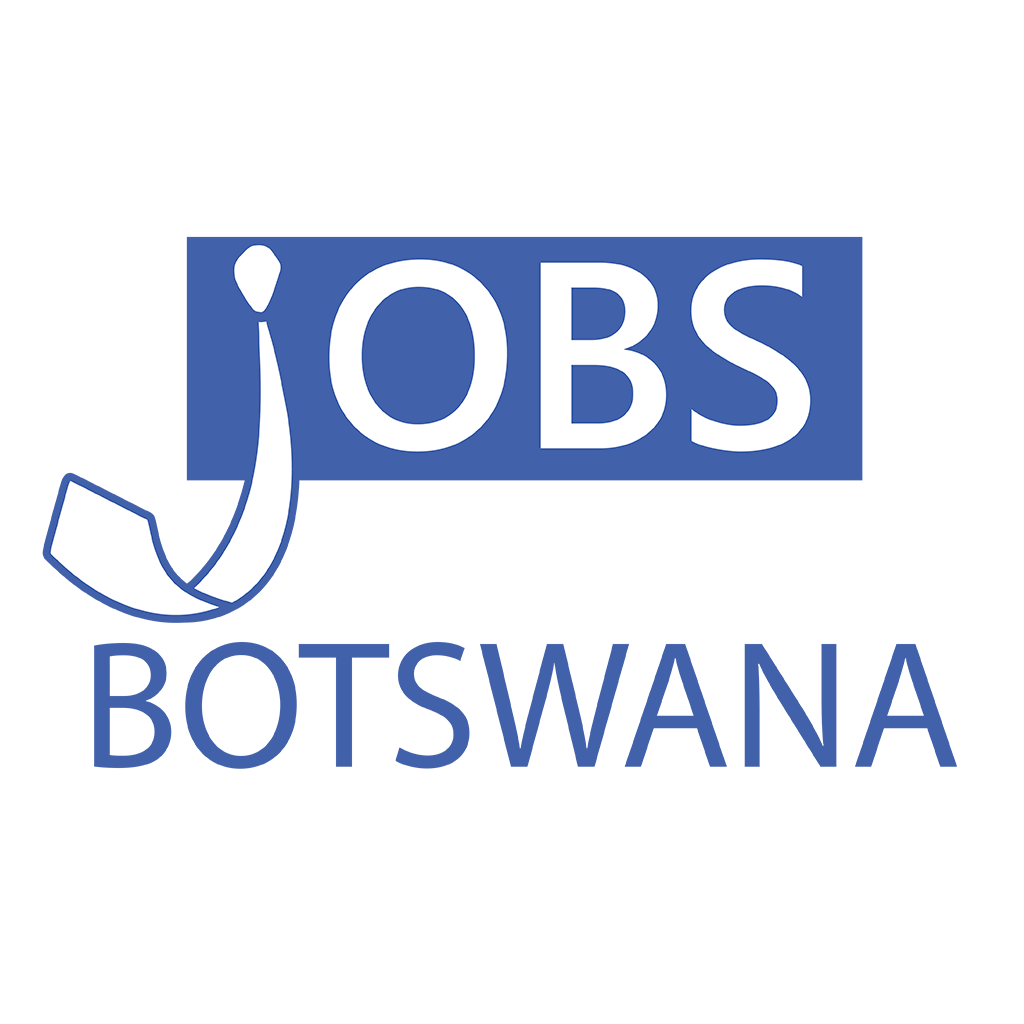Revenues – The job holder works for a unit with revenues collection of > $ 200 million.Team size – The job holder manages a team of >20 finance professionals (staff).Reporting line – The job holder reports directly to the Finance Manager Credit Control and Revenue Management
Leads the assessment of customers’ credit worthiness, bad debts to be written off in the context of short-term and long-term business needs.
WE ARE STILL MAKING CVs FOR P120. COVER LETTERS FOR P60
Pay with FNB EWallet to 76981238 or Orange Money on number 76981238
Whatsapp us on +26776981238
JOIN US ON OUR WHATSAPP CHANNEL HERE
Sells complex/customized products and services to significant customers and/or manages a sales department to achieve collection targets over a significant area
Manages key client and customer relationships, typically by using accounts team and direct involvement to ensure ongoing customer satisfaction and loyalty toward the organization.
Client & Customer Management (Internal)
Manage relationships with important internal customers and act as their business partner, while taking guidance from senior colleagues.
Recommends ways to improve support for operations by changing policies, processes, standards and practices.
Takes responsibility for developing and delivering a key element of the organization’s data management system.
Delivers own prescribed outcomes and/or provides support services by using the organization’s safety, health and environment systems and protocols.
Identifies and evaluates complex expertise-led solutions against a range of criteria to find the ones that best meet business needs.
Develops and/or delivers a plan and outcomes for an operational area with guidance from senior colleagues.
Improvement / Innovation
Initiates, formulates and implements new business practices and policies for own discipline, while managing the development and/or delivery of a significant element of the organization’s change management program.
Manages and delivers required outcomes for a portfolio of contracts and negotiates service level agreements while planning, coordinating and supervising activities related to major contracts.
Identifies shortcomings, suggests improvements and implements approved revisions to current compliance processes, systems and procedures within assigned unit and/or discipline.
Budgeting & Costing
Develops and/or delivers budget plans for own area with guidance from senior colleagues.
Takes responsibility for implementing formal development frameworks for a substantial department, while formally/informally coaching and mentoring others throughout the organization.
Analyzes and interprets key themes using data from a wide range of sources and identifies possible impacts on the business.
Manages a significant portion of the organization’s financial management and/or control processes.
Manages output delivery for a substantial operational department by leading others.
Performance Management
Takes responsibility for implementing and coordinating the performance management systems for a substantial department within the organization.
Develops procedures for area of expertise with guidance from senior colleagues, and monitors the implementation of those procedures within the organization.
Identifies and evaluates complex expertise-led solutions against a range of criteria to find the ones that best meet business needs.
Operational Management
Develops and/or delivers a plan and outcomes for an operational area with guidance from senior colleagues.
Initiates, formulates and implements new business practices and policies for own discipline, while managing the development and/or delivery of a significant element of the organization’s change management program.
Manages and delivers required outcomes for a portfolio of contracts and negotiates service level agreements while planning, coordinating and supervising activities related to major contracts.
Compliance
Identifies shortcomings, suggests improvements and implements approved revisions to current compliance processes, systems and procedures within assigned unit and/or discipline.
Develops and/or delivers budget plans for own area with guidance from senior colleagues.
Takes responsibility for implementing formal development frameworks for a substantial department, while formally/informally coaching and mentoring others throughout the organization.
Analyzes and interprets key themes using data from a wide range of sources and identifies possible impacts on the business.
Financial Management & Control
Manages a significant portion of the organization’s financial management and/or control processes.
Manages output delivery for a substantial operational department by leading others.
Takes responsibility for implementing and coordinating the performance management systems for a substantial department within the organization.
Develops procedures for area of expertise with guidance from senior colleagues, and monitors the implementation of those procedures within the organization.
- A recognized Degree in Finance, Accounting or Equivalent and Relevant professional Qualification e.g. CA, ACCA or CIMA.
- BICA membership is also required.
Work Experience
A minimum of 2 years post professional qualification experience in relevant financial field, and 3 years at supervisory level.
Managerial Experience
A minimum 3 years at supervisory level
Initiative
Business Perspective
Collaborative Influence
Conceptual Thinking
Understanding Others
Risk Management
Commercial Acumen
Costing and Budgeting
Policy and procedures
